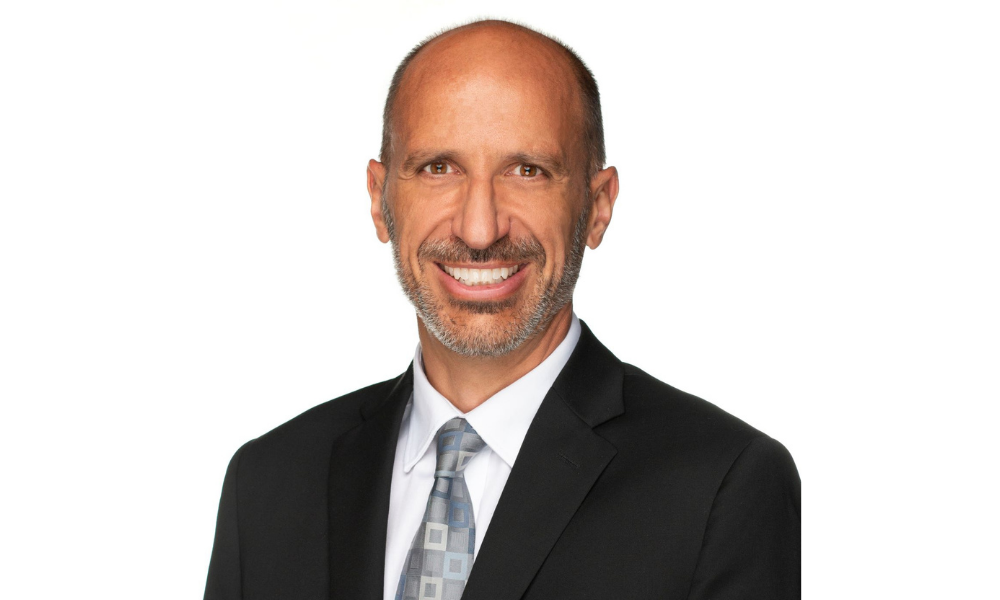Industry expert explains how advisors can help make planning a year-round activity

IG Wealth Management’s new Tax Study showed that one-third of tax filers feel they aren’t doing their taxes efficiently, so they’re leaving dollars on the table, so this IG Vice-President believes advisors can help to solve that with some good financial advice as well as regular tax planning.
“Only 17% of tax filers think that tax planning is a year-round activity,” said Aurele Courcelles, Assistance Vice-President of Tax and Estate Planning for Winnipeg-based IG Wealth Management. “So, if you’re not doing your tax planning, by the time you file your return, it’s too late.”
Courcelles noted that most people file their returns, pay their taxes, and then don’t think about their taxes again until next year. So, nothing changes, and they repeat the same pattern the next year.
The study, which Pollara conducted with an online sample of 1,501 adult Canadians in the first week of April, also showed that less than half of the Canadians surveyed felt confident that they were taking all the tax deductions available to them. Only half of them also felt that they understood the COVID-related tax deductions, while almost three-quarters (72%) wanted to claim them.
But, Courcelles was confident that advisors could begin to turn this around with their clients if they start looking at their tax returns and offering them advice to save on taxes as well as developing a tax plan as part of their overall financial plan.
“Look at what type of income they’re generating and whether it’s interest income versus dividends and capital gains as dividends and capital gains are more tax-preferred than interest, even if they come with a little more risk,” he said.
He also had a few other tips for advisors to pass on to clients to help with their tax planning.
“If they’re 65 or older, and have an RSP, but don’t really need the money from it because they’ve got other sources or are still working, then they can convert a little bit of that RSP to a RIF,” he said. “The first $2,000 gets a federal credit plus whatever provinces offer, which basically wipes out a lot of the tax on that first $2,000. But, a lot of people don’t know that.”
A higher-earning spouse can also do a prescribed rate loan for a lower-earning spouse. The higher gives the lower money to invest, and the lower spouse pays a small amount of interest prescribed by the government – now 1%, though it could rise to 2% by July – to the higher-income spouse. The tax is then removed from the higher-income spouse and transferred to the lower-income spouse, who may have a more favourable tax rate. That keeps more of the money in the family.
“That’s where financial advisors and financial planners can certainly add value,” said Courcelles. “They can show their clients some strategies like this. A lot of strategies have been shut down over the years, but this is still an allowable strategy.”
“People aren’t confident because they know that there are probably things like this that they don’t know,” he said,.
Many more medical expenses can also be claimed than most people realize. They may know about prescriptions, but not know that what they pay their dentist, doctor, optometrists, or for their glasses is also deductible.
Donations can also be rolled over to a new tax year, and the first $200 of donations also gets much less tax relief than donations worth more than $200. So, he recommended that people donate more money sooner in order to help both the charity and their personal tax situation.
Courcelles noted that almost three-quarters (72%) of those surveyed said their financial advisor gives them “some” tax advice, but they didn’t specify what. That still leaves 28% who are not getting any tax advice from their advisors.
“Clients have to assume some responsibility for their financial literacy,” he said, “but advisors can also be talking to their clients about how to minimize their taxes because tax planning is a significant element of an overall financial plan.”



